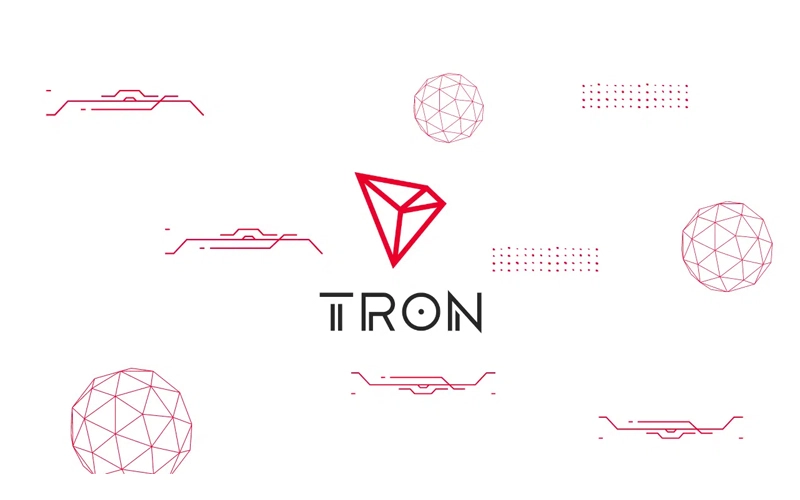The blockchain industry, heralded as the technological revolution of the 21st century, thrives on innovation. It’s a space where groundbreaking ideas, transformative projects, and revolutionary technologies take root and flourish. Yet, amid the blockchain’s rapid growth, it encounters a pivotal influencer that can either nurture or stifle innovation: crypto policy.

The Regulatory Tightrope
Crypto policy is the set of rules and regulations governing the use, trade, and ownership of cryptocurrencies and blockchain technology. While regulation aims to provide structure and protect consumers, it often becomes a double-edged sword for innovation.
On one hand, well-crafted regulations can provide legitimacy to the blockchain industry, attracting traditional investors, institutions, and businesses. Regulatory clarity instills confidence and reduces uncertainty, leading to increased investment in innovative blockchain projects.
However, on the other hand, overly restrictive regulations can stifle creativity and hinder the development of groundbreaking technologies. Start-ups and innovators may find themselves burdened by compliance costs and legal complexities, diverting resources away from their core mission— innovation.
Innovation vs. Compliance
The blockchain industry is a hotbed of innovation, with projects spanning decentralized finance (DeFi), non-fungible tokens (NFTs), supply chain solutions, and much more. These innovations challenge traditional systems, offering more efficient, secure, and transparent alternatives. However, they also challenge regulators to adapt and create frameworks that accommodate the blockchain’s unique characteristics.
One of the critical challenges is striking a balance between innovation and compliance. While it’s essential to protect consumers and maintain market integrity, regulators must avoid stifling innovation by imposing excessive rules. Innovators, in turn, must work collaboratively with regulators, providing insights into the technology’s potential benefits and challenges.
Cross-Border Considerations
The blockchain industry is inherently global, with projects and participants spanning borders. This international aspect adds complexity to the regulatory landscape. Differing regulatory approaches between countries can create challenges for innovation, as businesses grapple with compliance across multiple jurisdictions.
Harmonizing crypto policy on a global scale is an ongoing effort, with organizations like the Financial Action Task Force (FATF) working towards international standards. A harmonized approach can streamline compliance for blockchain businesses, reducing the burden and fostering innovation.
The Role of Sandboxes
Many countries have recognized the need to strike a balance between innovation and regulation by introducing regulatory sandboxes. These sandboxes allow blockchain projects to operate in a controlled environment, testing their innovations while complying with specific regulations.
Regulatory sandboxes provide innovators with the freedom to experiment and refine their technologies, often with a degree of regulatory leniency. This approach encourages the development of cutting-edge solutions within a structured framework.
Crypto policy
In the ever-evolving blockchain industry, crypto policy is a powerful force that can either fuel or hinder innovation. Finding the ideal balance between regulation and innovation may be challenging. Wellcrafted regulations can provide legitimacy and attract investment, while excessive restrictions can stifle creativity.
The blockchain industry and regulators must engage in ongoing dialogue to navigate this intricate relationship. As the industry continues to mature, finding common ground between innovation and compliance will be key to unlocking the full potential of blockchain technology and ensuring its continued growth as a force for positive change in the world.
Disclaimer
Remember, investing in cryptocurrencies involves risks, and it’s important to conduct thorough research and seek professional advice before making any financial decisions.
(Please keep in mind that this post is solely for informative purposes and should not be construed as financial or investment advice.)


